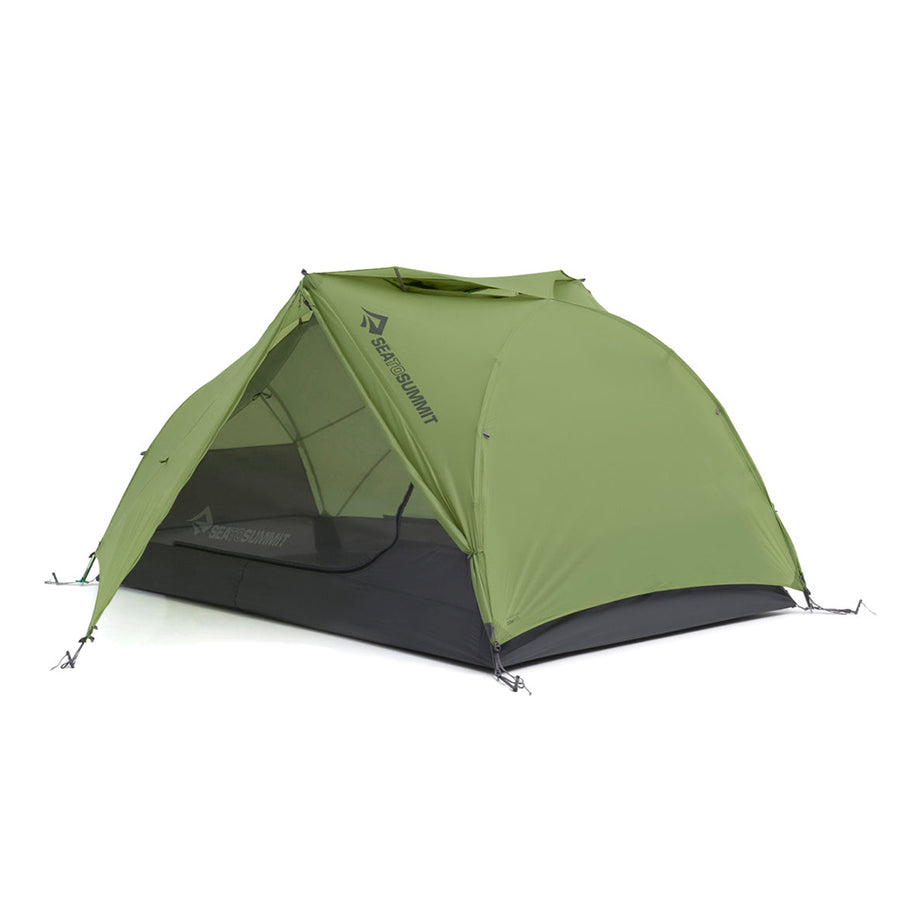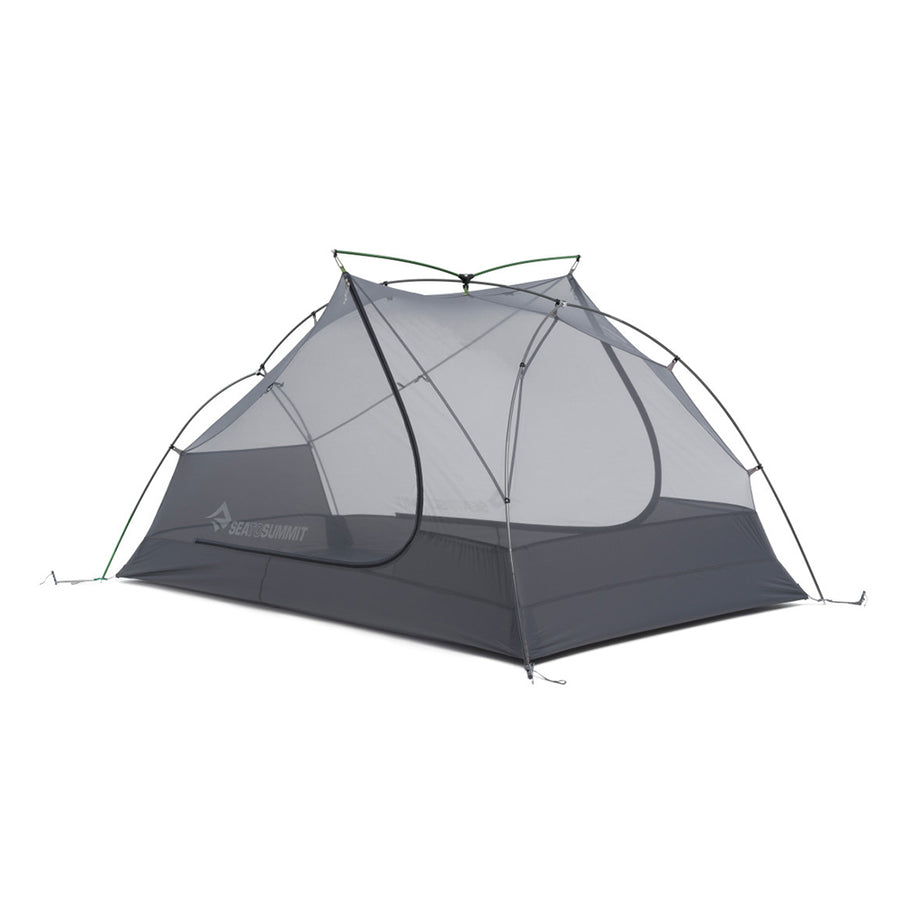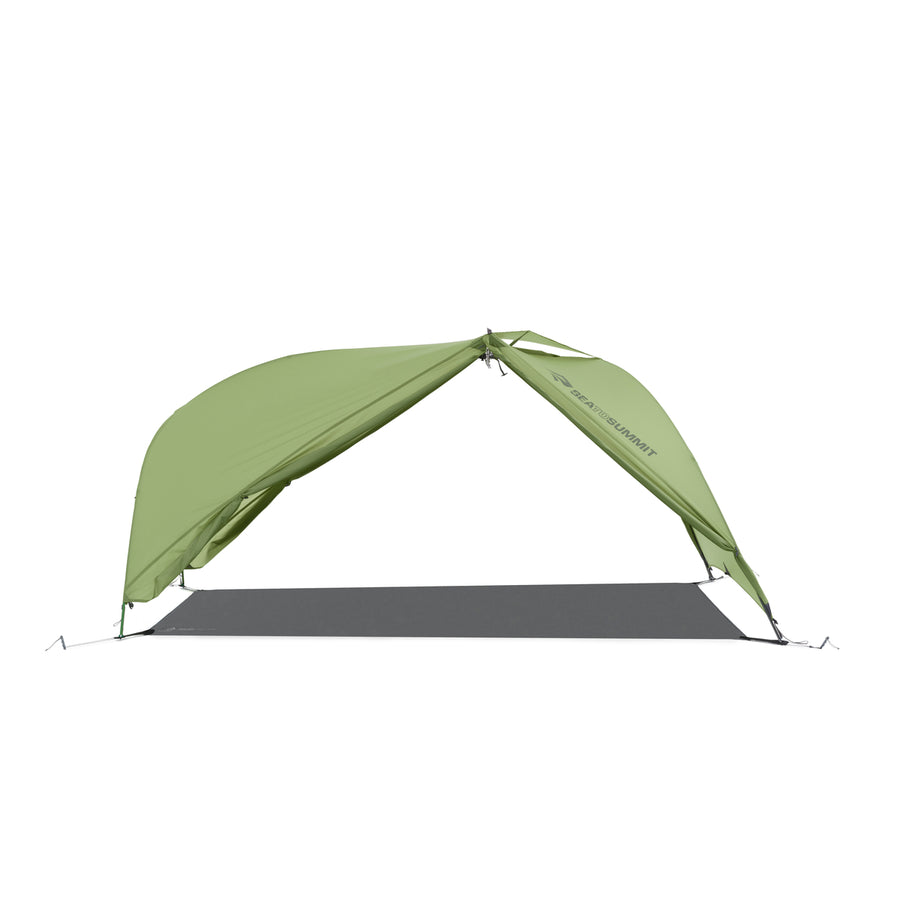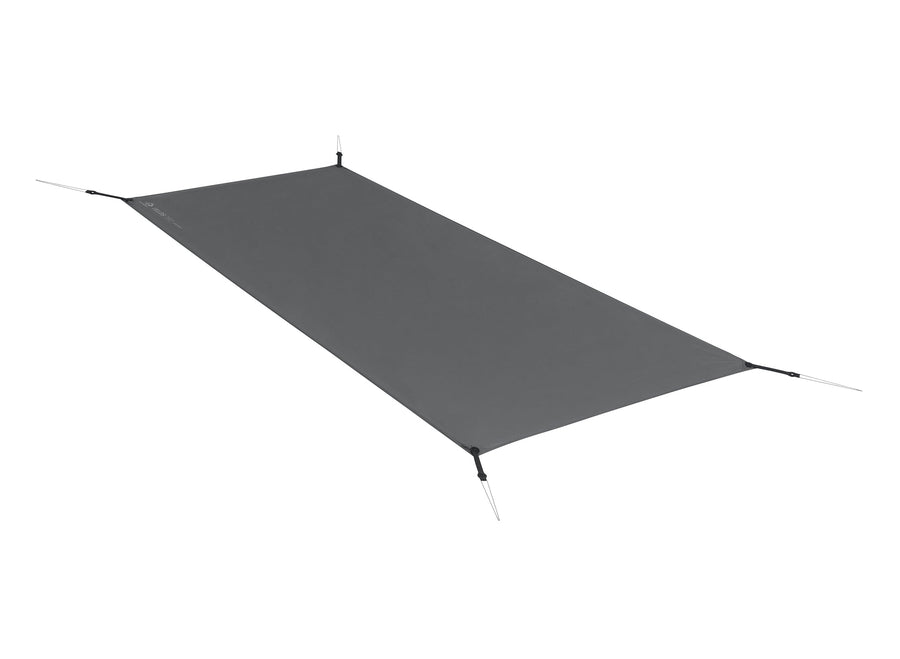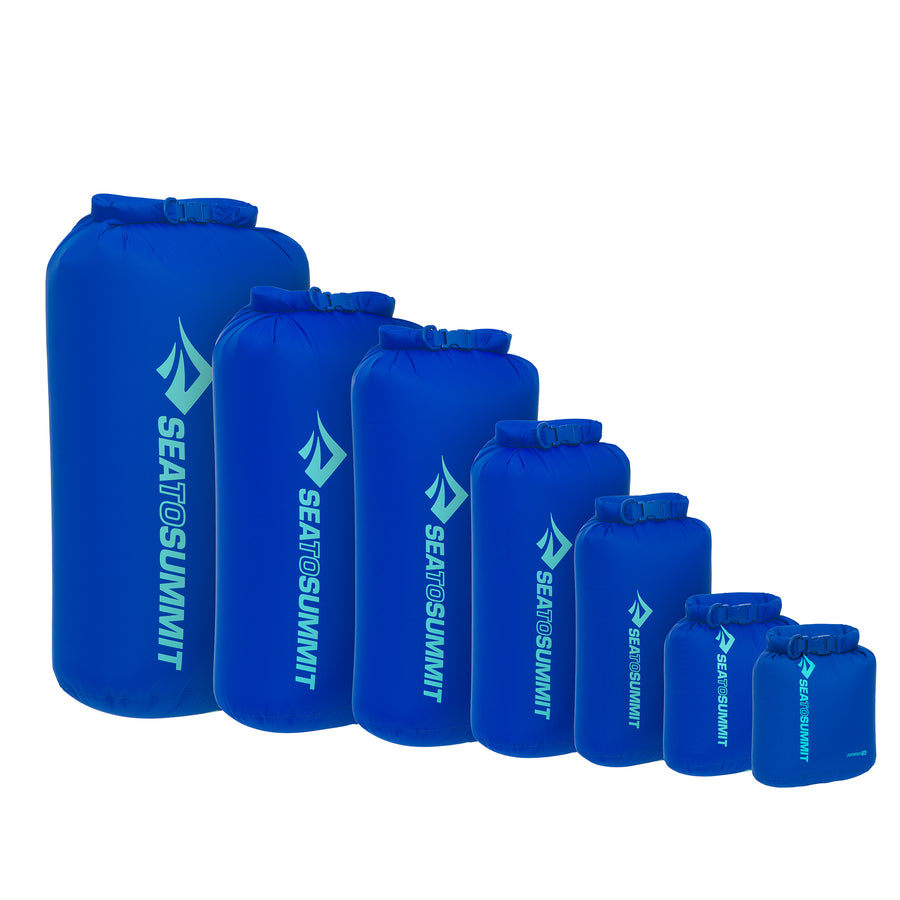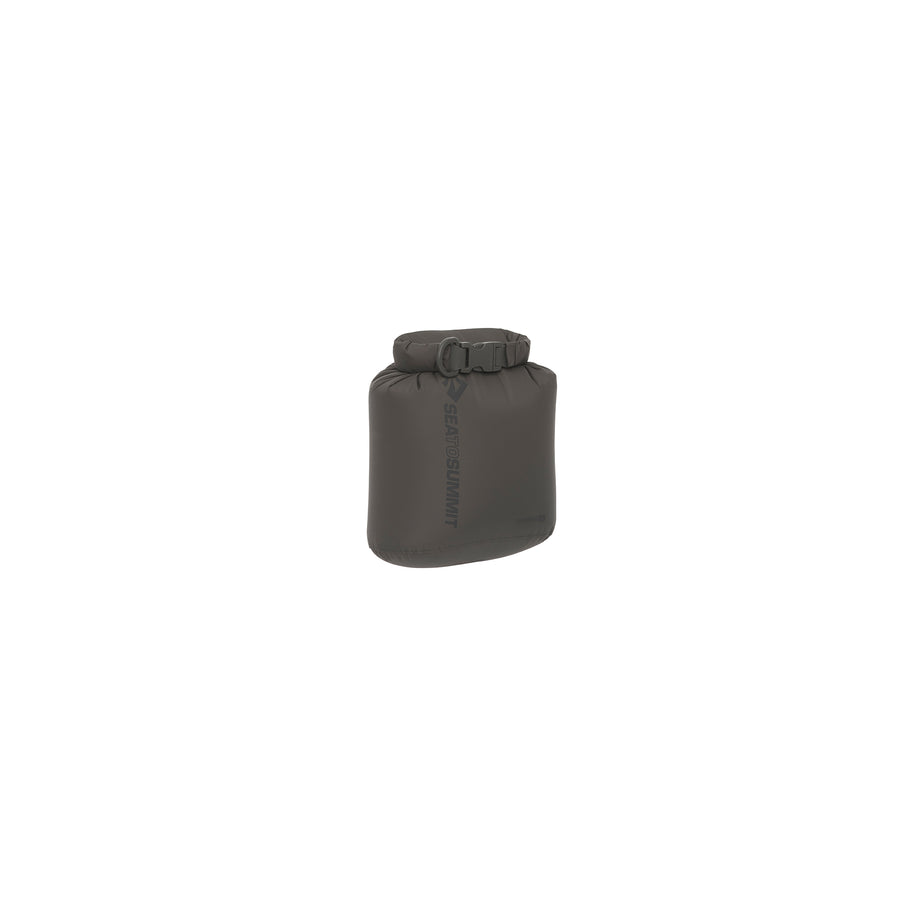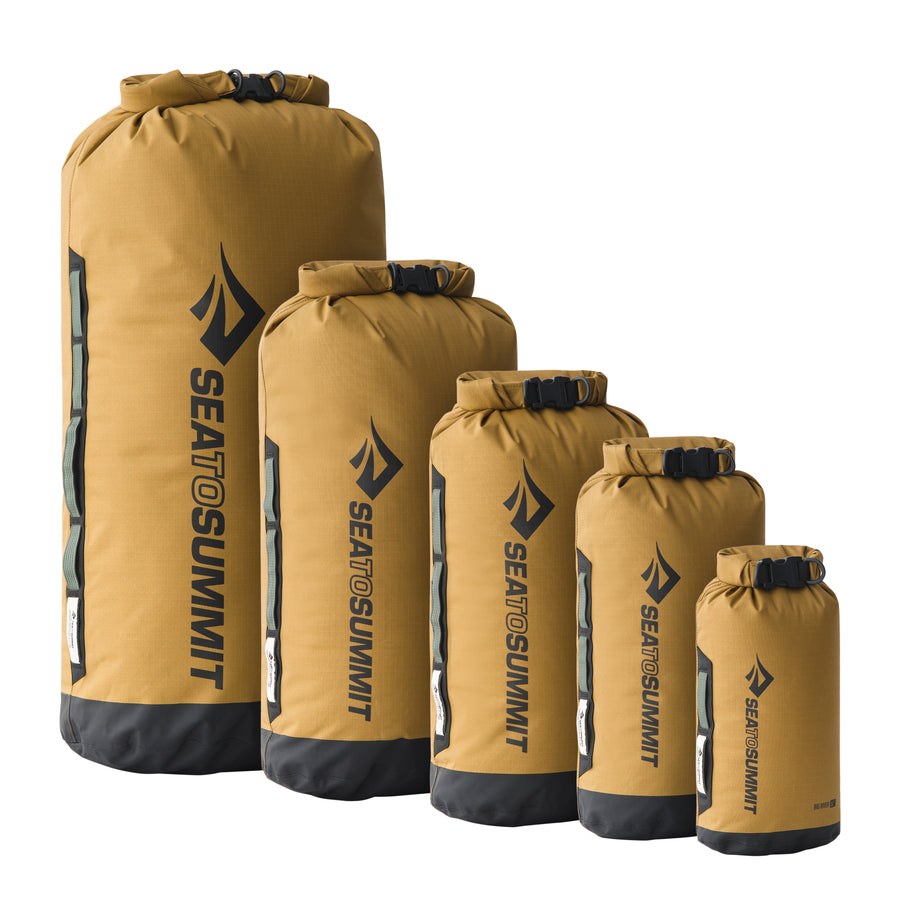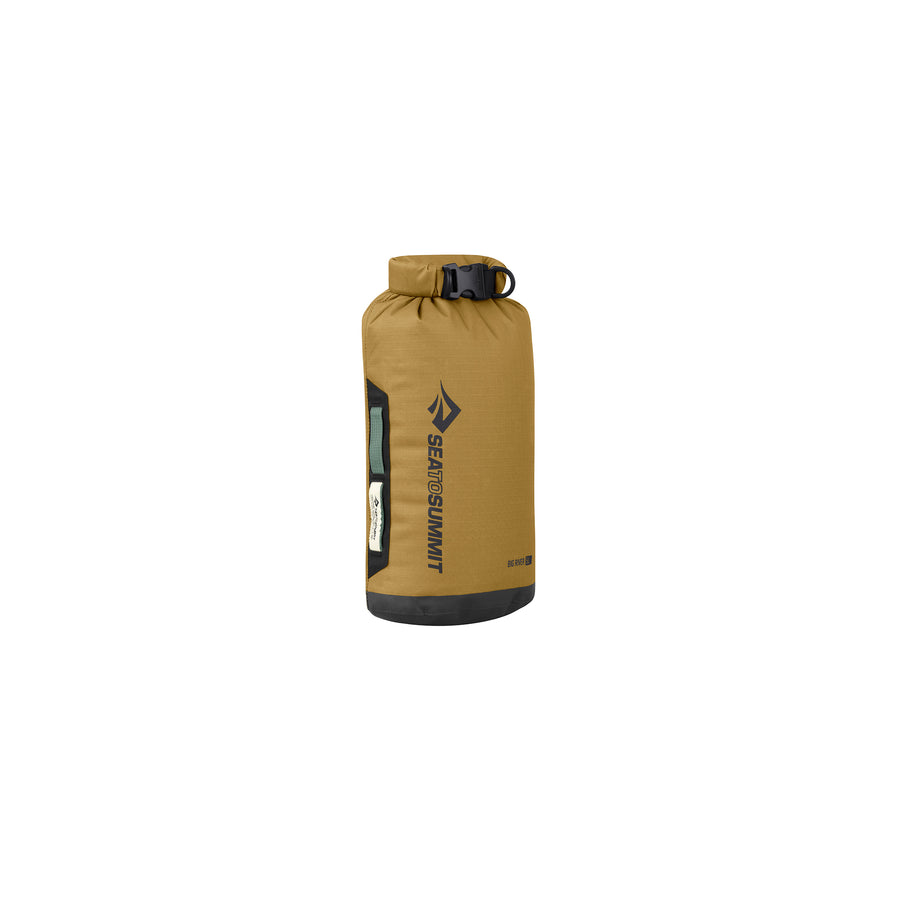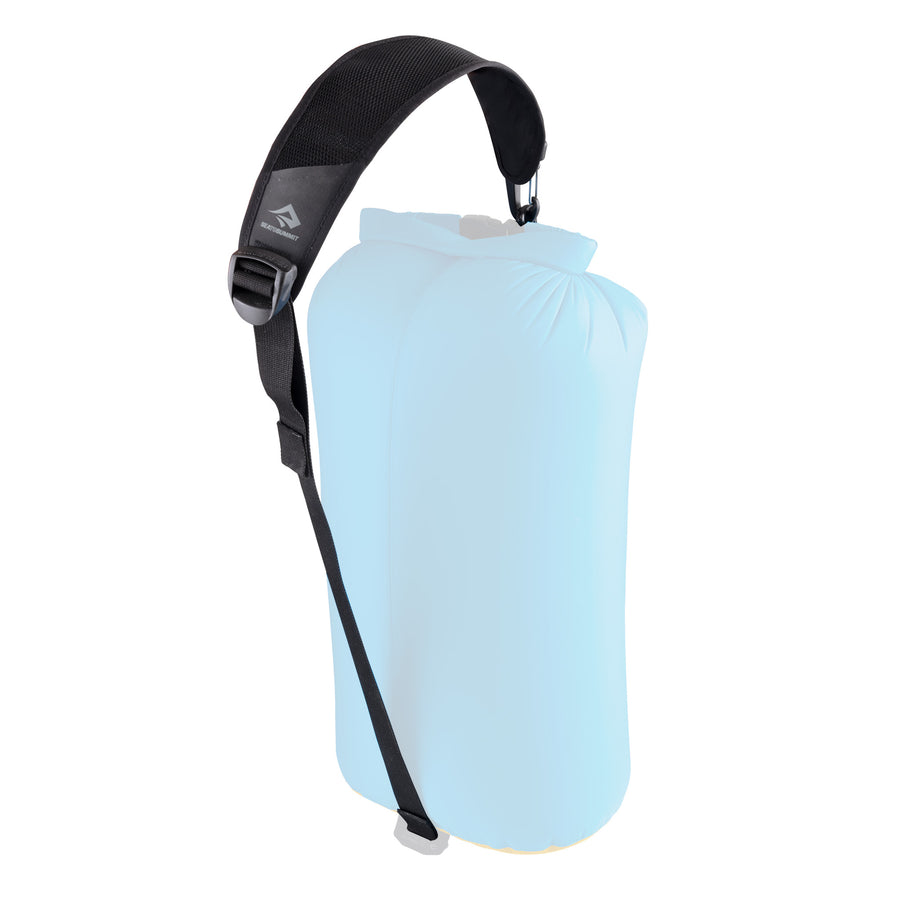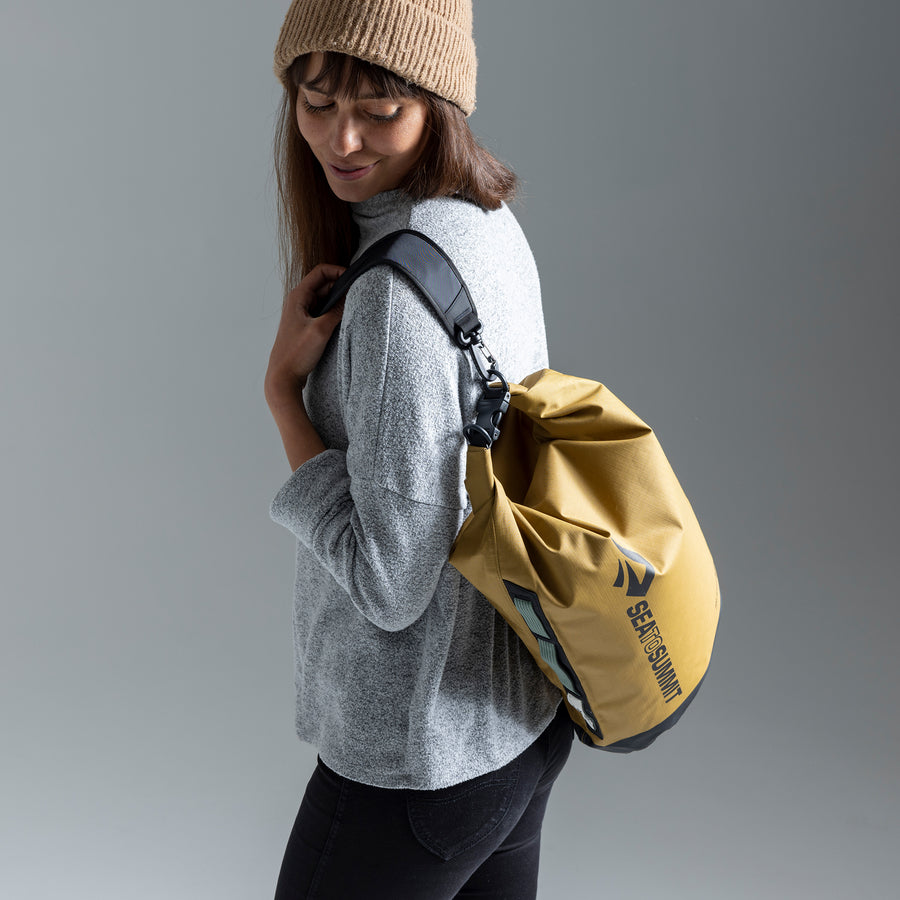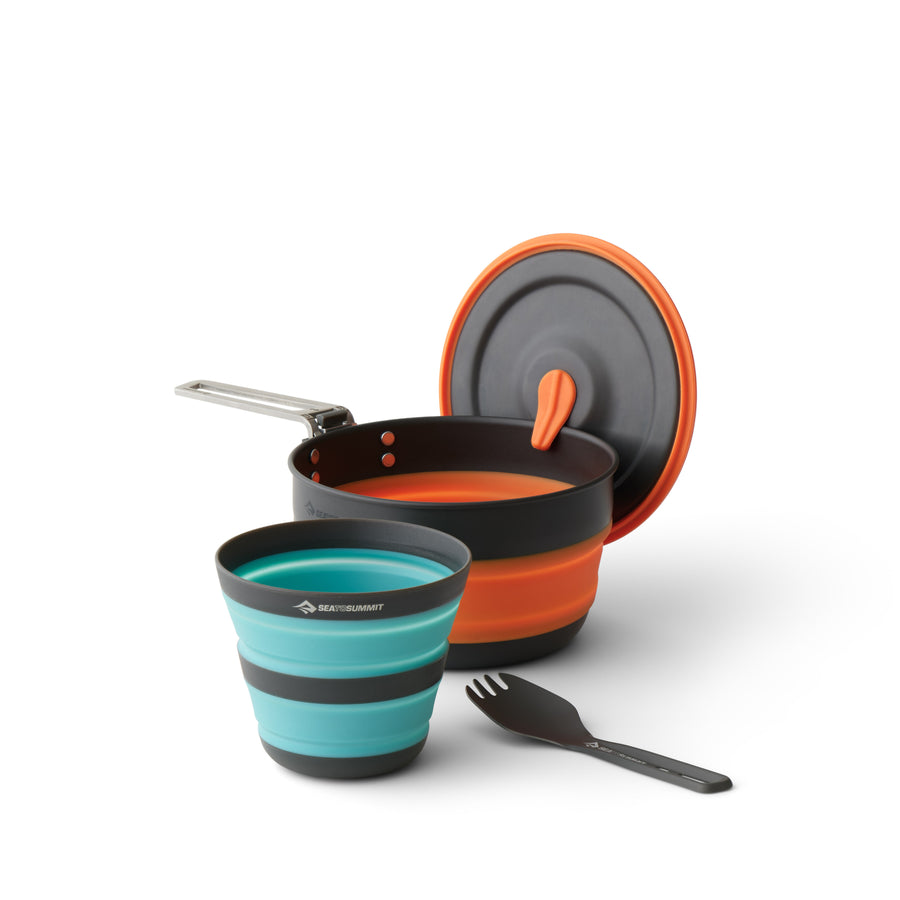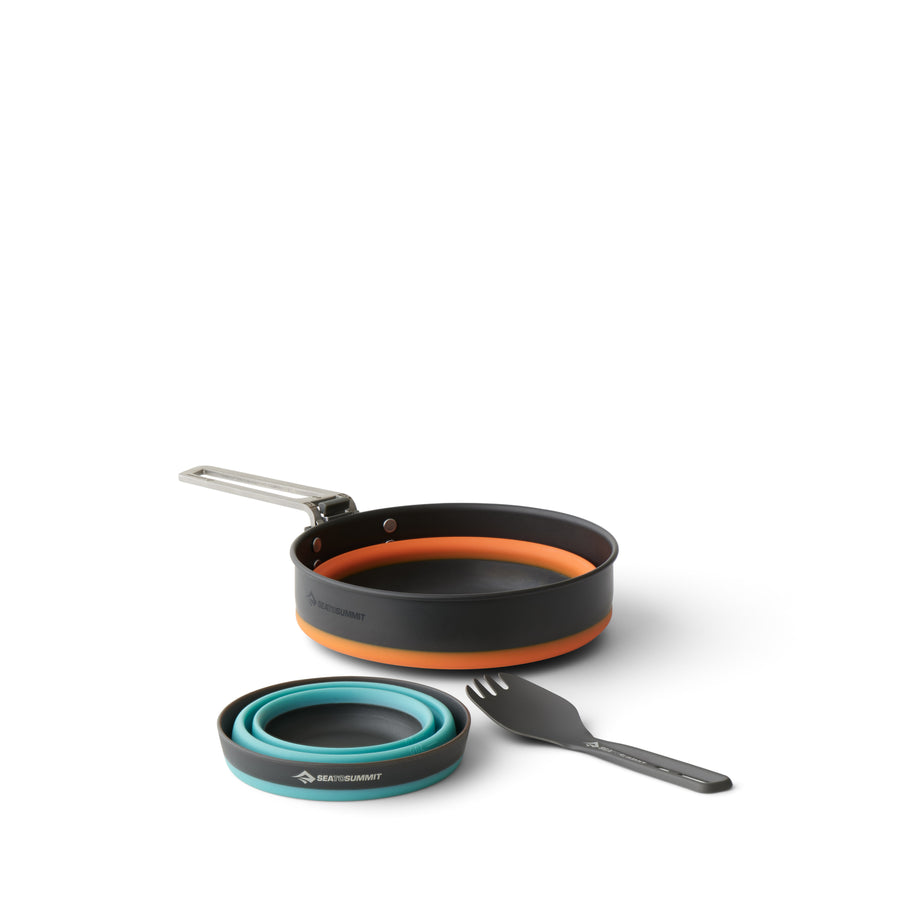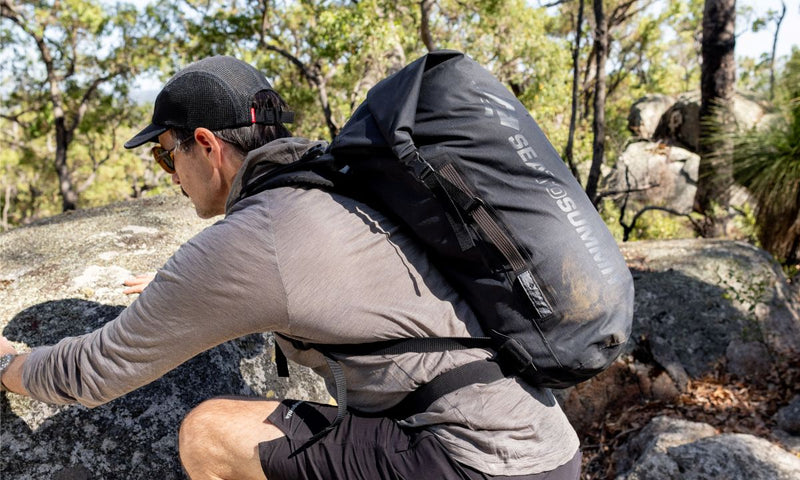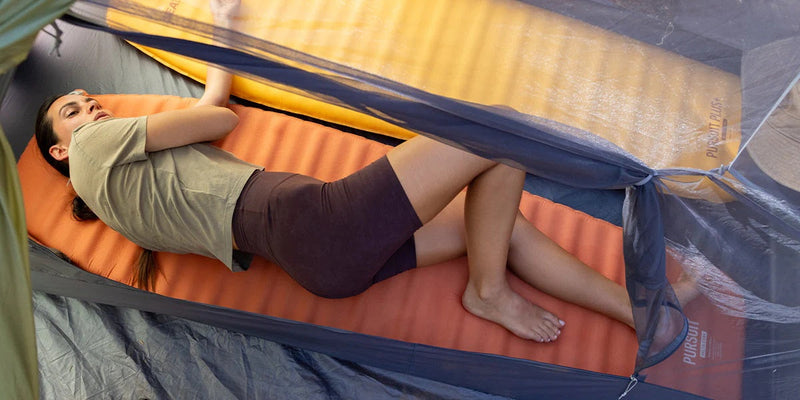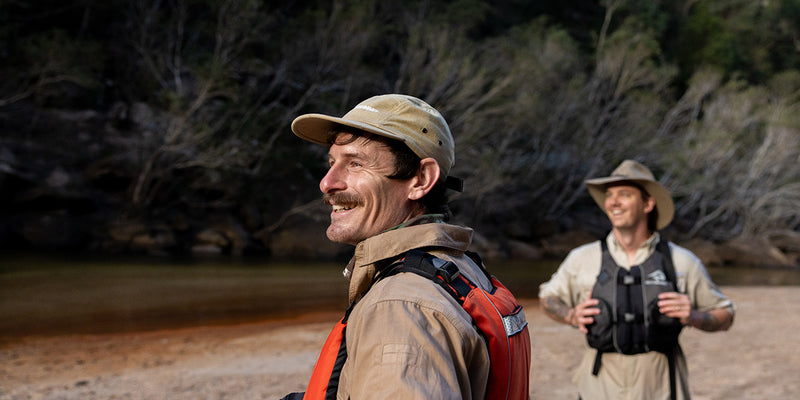Breathing Beyond Limits: The Trailblazing Story of Allie Pepper's Oxygen-Free Odyssey
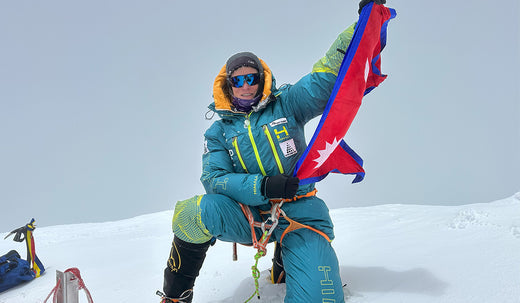
Allie Pepper, a Sydney-based mountaineer with over twenty years experience has just achieved something truly amazing. She has become the first Australian woman to conquer Broad Peak in the Karakoram Range of the Himalayas, on the China-Pakistan border, reaching an incredible 8,051 meters without using extra oxygen. This big accomplishment marks the start of her impressive mission to climb all 14 of the world's 8000-meter mountains without supplemental oxygen in just three years.
In this exclusive interview, Allie opens up about her journey, experiences, and her mindset that propels her to push boundaries and rewrite the narrative of high-altitude mountaineering.

Australian alpinist Allie Pepper at Manaslu in the Himalayas
What initially sparked your interest in mountaineering, and how did it evolve into a career?
In 2000, I was working as an adventure guide at the Australian School of Mountaineering after completing an introductory guiding course at TAFE in 1999. One of the instructors there asked me if I wanted to join a 10-day technical mountaineering course in New Zealand. That course changed my life, and I found my passion! I found something I was good at, that challenged me and made me feel alive.
Later that year, I headed to Aconcagua to work as an assistant on my first high-altitude expedition. Surprisingly, I discovered I was strong at a high altitude, and could look after others not just myself. I then turned my passion into a career.
I lived in Argentina for over three years, climbing and guiding in the Andes. I built my technical skills and decided I was ready to tackle the Himalayas. In 2007, I headed to my first 8000m mountain Cho Oyu in Tibet. Unfortunately, my climbing partner suffered frostnip on his toes and had to abandon his summit attempt. I climbed to the summit alone without supplemental oxygen. I became addicted to the thin air of the 8,000ers.
Your latest project is incredibly ambitious - attempting to climb all 14 of the world's 8000m mountains without supplemental oxygen to the true summits. What motivated you to take on this challenge?
I have wanted to climb all 14 peaks without oxygen since I summited Cho Oyu back in 2007. At the time, I didn’t know how to turn my personal aspiration into a viable profession, and I lacked the confidence to navigate the business side of the project. The project has a large budget and is a huge undertaking. Interestingly, I find the business dimension of this project to be more challenging than the climbing itself, as crazy as that may sound! Only now do I have the confidence to embark on this monumental project and transform my dream into reality. Thankfully I have a great team helping me -I could not do this without them!

Allie and Lakpa Nurbu at Mount Everest, Nepal
Can you describe the preparation and training process you've undergone to physically and mentally prepare for such a demanding feat?
I collaborate with two coaches that work together on developing my physical training plan. When I am at home, my routine involves six days of strength and endurance workouts per week. Some sessions include hypoxic training using a Hypoxic machine. I wear the mask on my road bike that is attached to a trainer in my living room. Once a week, I do a long trail run with a fair amount of vertical gain. I only train with a loaded pack closer to when I leave on expeditions.
I also have a life coach for my mindset which is a total game changer. This is something I have not done until this project and now I can’t imagine not having my coach in my life! To be zen in a storm and still make good decisions. To stay strong in my mind every day, to keep believing in myself no matter what is going on around me. That is what my mindset training helps me with. To be the best version of myself in any given situation. To never stop learning and growing and being a better version of me.
The 8000ers are renowned for their extreme conditions and technical difficulties. How do you approach each mountain and adapt your strategies accordingly?
I take every mountain one day at a time. I have the advantage of 23 years of experience behind me. I know my body and how to look after myself at high altitude. I have also learned how far I can push myself. Of course, I push my limits, but I take it one step at a time, constantly monitoring how I feel.
I don’t want to risk my life for a summit or put other people’s lives in danger while I climb. No summit is worth sacrificing lives or enduring permanent injuries. If my climbing partner or Sherpa wants to turn back, I support them. I respect the people I climb with as well as those who depend on these mountains for their livelihoods.

Allie ascending towards Camp 3 on the challenging slopes of Broad Peak in the Himalayas
What safety precautions do you take to mitigate the risks associated with high-altitude mountaineering, particularly when climbing without supplemental oxygen?
During my project, I climb with a Sherpa on every mountain. And it’s important that we trust and respect each other. On the summit day, they climb with oxygen, and they carry an emergency bottle for me. If I need to use it because I get sick or we have bad weather and need to go down, I will. I turned around at 8,450m on Everest this season. I was starting to get hypothermia due to the wind when we climbed onto the ridge. Lakpa, the Sherpa I was climbing with, told me to either use oxygen to continue to the summit or to turn back. I chose to turn back and was able to safely descend back to camp.
I climb with the largest logistics provider on the 8,000ers, Seven Summits Treks. They are a Sherpa-owned company and have a very strong team of Sherpa guides and climbers. They support me and I trust them, this is very important for this type of project. I don’t plan on needing a rescue up there but if the unforeseen does occur, they have my back and I know they would do everything humanly possible to help me.
I have the best clothing and equipment that works for me. I have the experience to help me make good decisions and I have patience. Patience mitigates a lot of risks in high-altitude mountaineering. People risk their lives from ‘summit fever’ because they don’t have patience, they aren’t willing to turn back when they need to. The mountain will always be there, but our life can be lost in an instant up there.

Allie and Dawa at the summit of Dhaulagiri, Nepal, the seventh highest peak in the Himalayas
How do you maintain a strong mindset when facing the physical and mental challenges of high-altitude mountaineering? Can you share any specific techniques or practices you rely on to stay focused and motivated during long and arduous climbs?
The first thing that comes to mind is that this is my passion. You must really want to be there to be willing to suffer as there is a lot of suffering in high-altitude mountaineering! I have techniques that help me stay focused such as meditation. I know what to expect in terms of discomfort and how hard I need to push my body. I stay motivated because it’s my passion and this project is something I have dreamt about for 16 years now. When it’s hard, I remind myself that I chose to be there, and that I am living my dream. I am very grateful for that, and I don’t take for granted that I do what I love.
Every day I focus on everything that I am grateful for. To have shelter, to have a climbing partner that cares about me, to feel truly alive, not just be alive. Even in the tough times, I feel grateful because I can feel pain, I can feel cold, I feel uncomfortable. Because those times really make me appreciate other parts of my life. The comforts of things like a proper bed, a hot shower, my friends, good food, the internet, sitting doing nothing on my couch!
What role does mental resilience play in your ability to persevere through difficult situations on the mountains?
We don’t discover what we are capable of unless we break out of our comfort zone. Mountaineering is not a comfortable sport by any means, especially climbing above 8,000m without using additional oxygen. It’s cold, it hurts, it’s hard to breathe, let alone take a step up there. But in that place, I find myself. I learn what the human spirit can do. What the body is capable of. I don’t go up there to risk my life, I go there to live. Difficult situations are what make us stronger and help us face life’s challenges better.
How do you approach fear and manage it while pushing your limits in extreme environments?
I now feel more at home on the mountain than in what I call the ‘real world’. It’s funny in a way because my fears are mostly heightened when I come back to reality. Sometimes I am afraid of the internet for example! But on the mountain, I am not so afraid anymore. I used to be. I was petrified sometimes looking up at a route or an ice climb. But now I don’t feel that way. Because I just take things one day at a time, one step at a time.
I've also come to terms with the possibility of not making it down the mountain. I'd prefer living fully, embracing what I love, rather than merely existing. Fear does creep in at times, but I take a deep breath, confront the situation with my experience, and make the best possible choice in the moment. I try not to let fear overwhelm me.

Allie Pepper on Broad Peak's summit ridge, reaching new heights in the Karakoram
What lessons have you learned from mountaineering that you apply to other areas of your life, such as personal or professional challenges?
There are many lessons from the mountain I need to remember in my ‘real’ life. Such as taking one step at a time while always moving forward. I've learned that nothing remains constant, just like the ever-changing conditions and weather on the mountain. The most important lesson for me is to never give up, even when it is not easy. Especially if it is something you really want, keep pushing forward and working towards it. Even if it takes time and patience, even if I think I am too old or too ‘this’ or too ‘that’ to do it.
When I haven’t summited, I try to take the so-called failure as a lesson for next time. But I don’t give up on my dream. I don’t walk away when it gets hard or uncomfortable. Because that is when you learn the most about yourself. Through challenges, I see the light. I'm not pursuing the happiest life on Earth since ups and downs are inevitable. Yet, my aim is to live a fulfilling life.
I strive to become the best version of myself, continuously growing and learning. We all have our unique gifts and talents. We all have our own passions in life, and we deserve to pursue them. It's worth the effort, even in tough times – that's what I firmly believe.
What advice do you have for aspiring mountaineers who may be inspired by your achievements and want to pursue their own climbing goals, whether in the 8000ers or other mountain ranges around the world?
Go for it but take the time to learn the ropes! Get experience and learn from competent professionals, those who have been climbing for a long time since they are still climbing. Practice with those more experienced than you and get their advice and feedback – remember to stay humble. Mountaineering can be a dangerous sport and it needs to be taken seriously. I am still learning new things every day in this sport, and I don’t intend on ever stopping to learn and grow as a professional athlete.
Allie's adventure in mountain climbing is like a powerful story of strength and determination. Her dedication to her dreams, adaptable mindset, and her never-give-up attitude are a source of inspiration for dreamers and challenge-seekers alike. In each climb, she discovers new aspects of her own resilience, showing that true success goes beyond reaching the top – it's about enjoying the whole journey.
As she sets out to conquer all the 8,000m peaks, we look forward to following her remarkable journey of triumph and self-discovery.




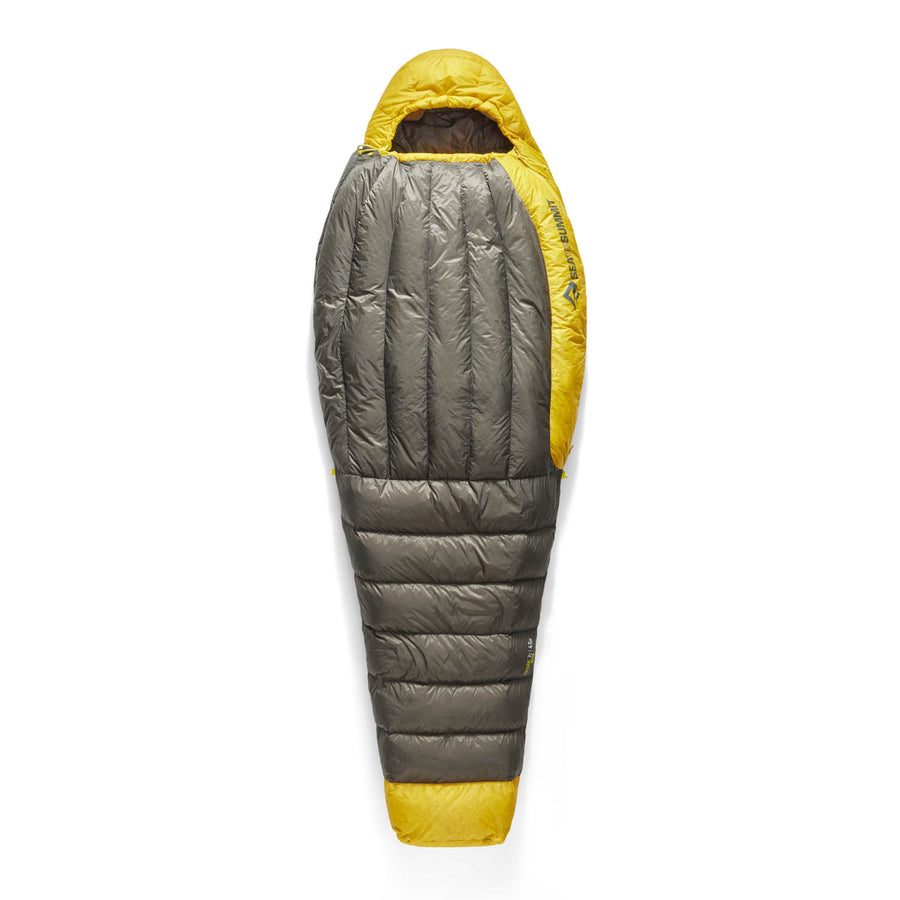
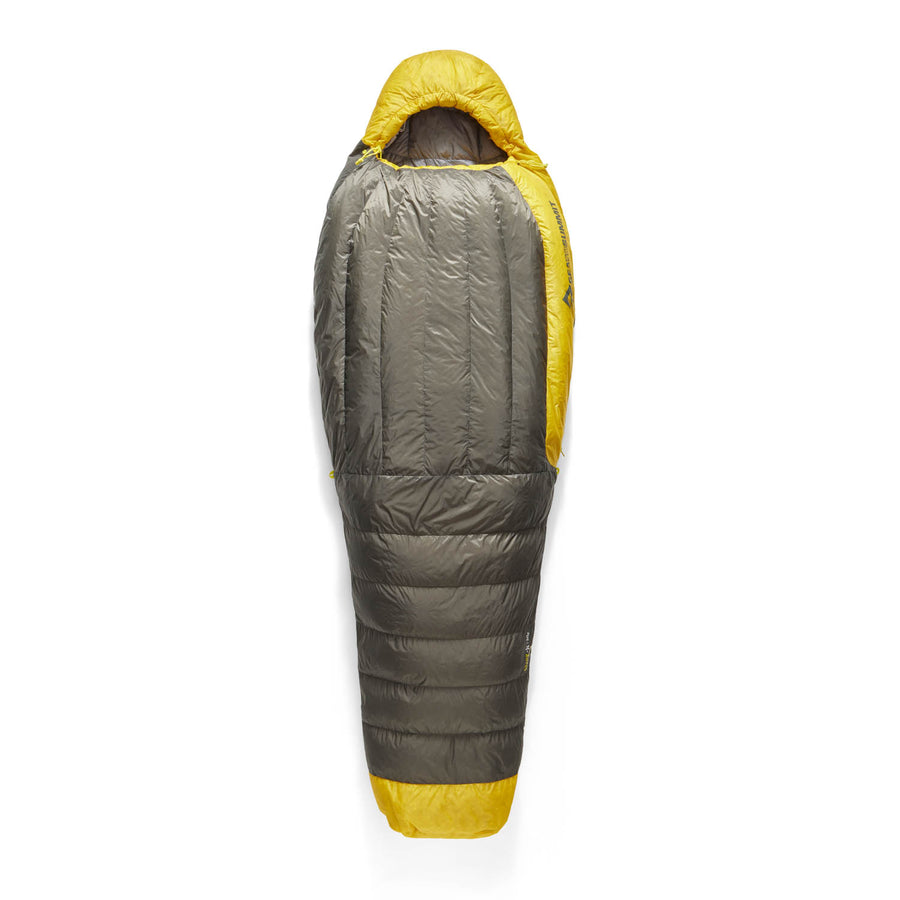
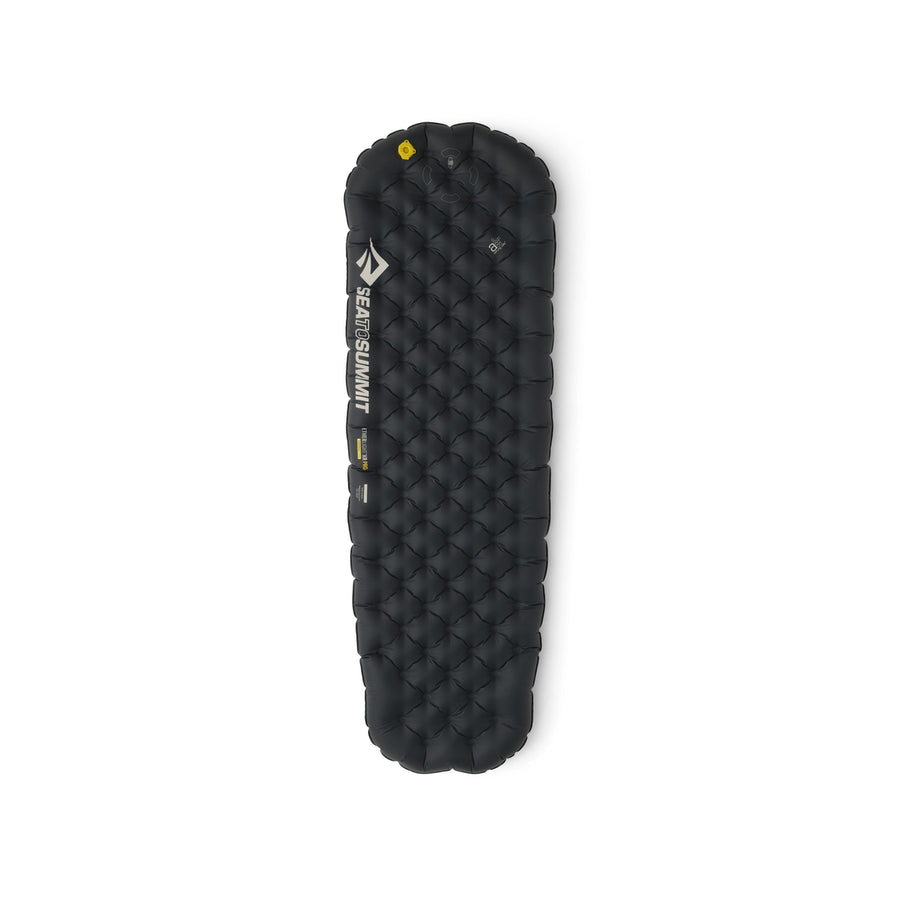
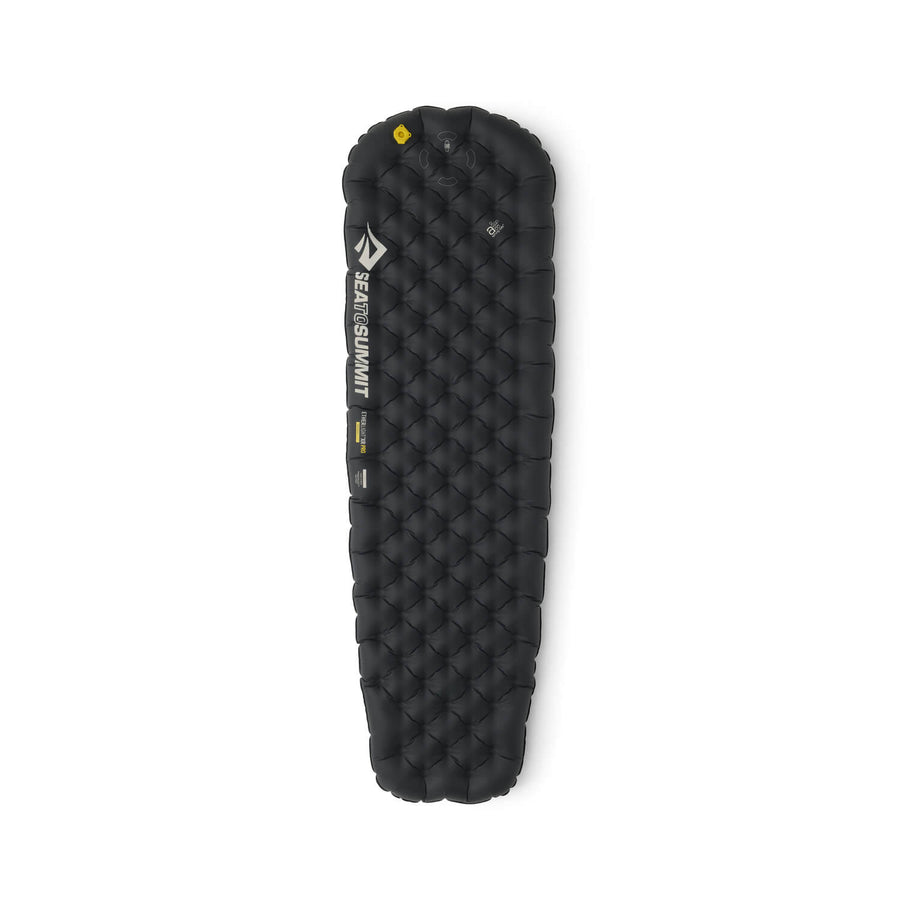
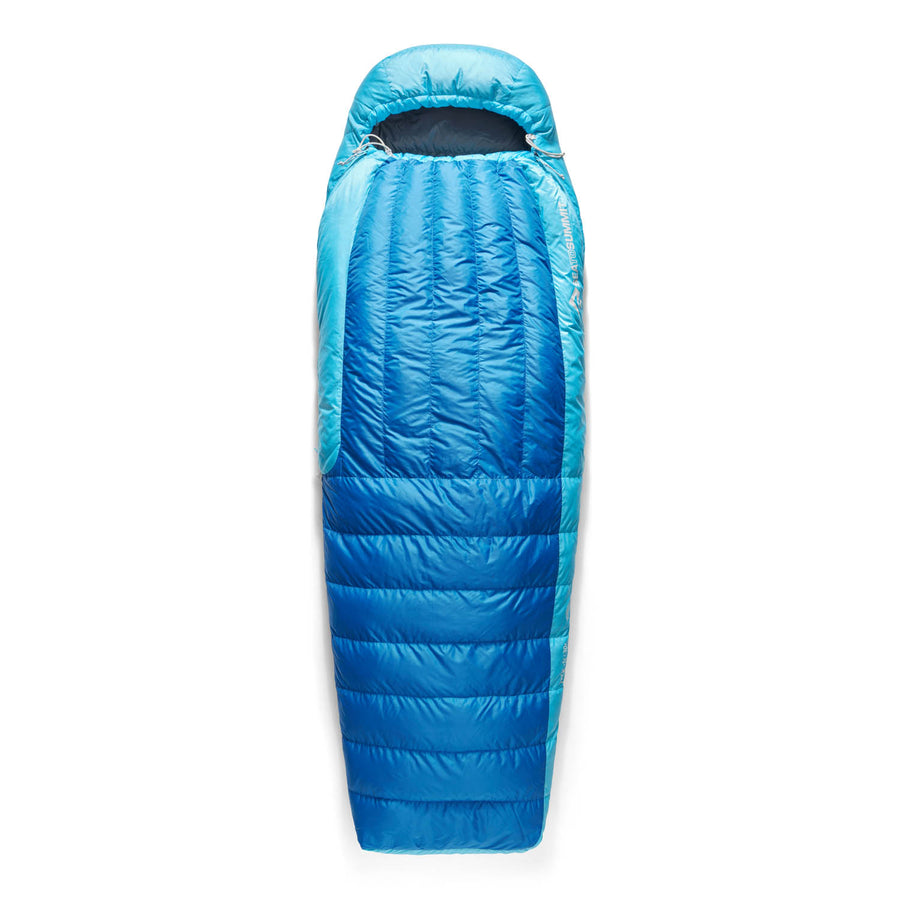
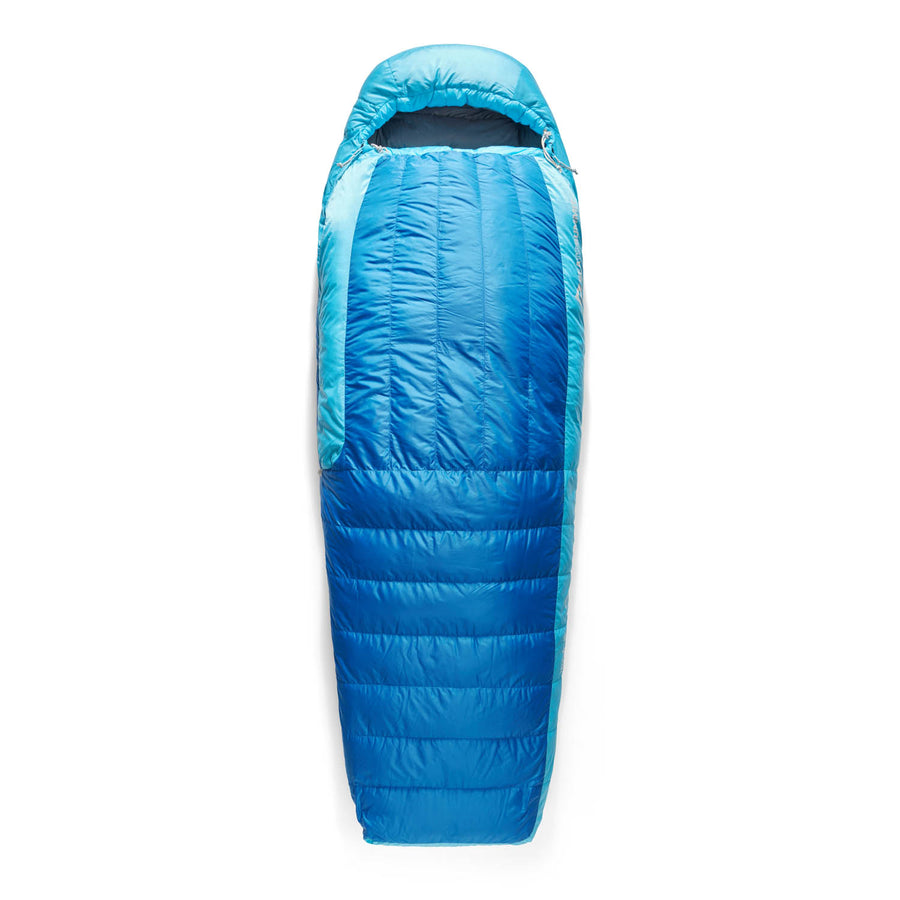
![Frontier Ultralight One Pot Cook Set - [3 Piece]](http://seatosummit.com.au/cdn/shop/files/FrontierULOnePotCookSet1P3Piece1.3LPotWithS-BowlandCup_ACK027031-122114_PRIMARY-1200x1200-9c6bd91.jpg?v=1749433473&width=900)
![Frontier Ultralight One Pot Cook Set - [3 Piece]](http://seatosummit.com.au/cdn/shop/files/FrontierULOnePotCookSet1P3Piece1.3LPotWithS-BowlandCup_ACK027031-122114_ADDITIONAL_1-1200x1200-9c6bd91.jpg?v=1749433473&width=900)
